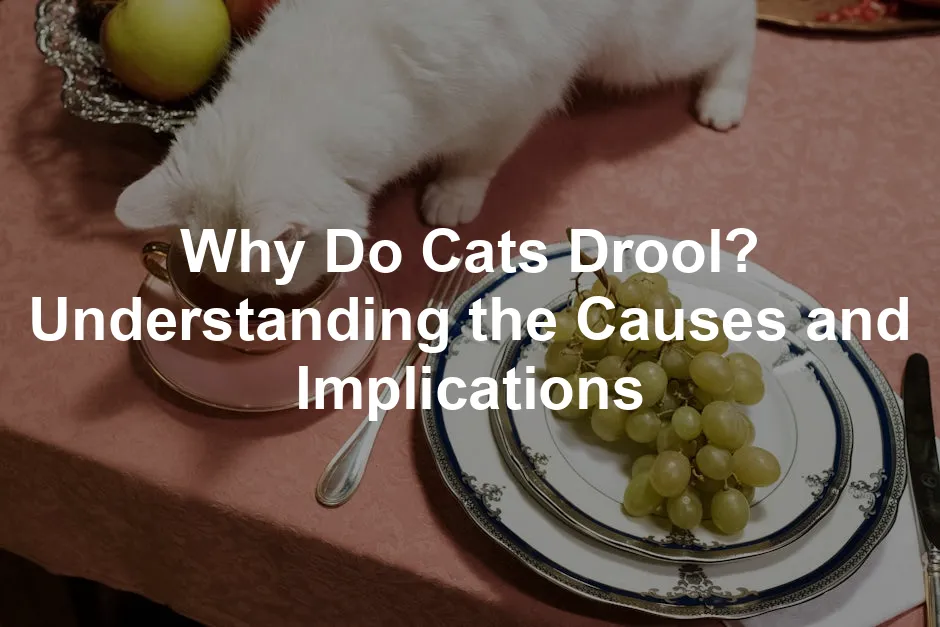
Why Do Cats Drool? Understanding the Causes and Implications
Introduction
Have you ever noticed your cat drooling and wondered why? Many people associate drooling with dogs, but cats can drool too. It’s essential to understand when drooling is just a quirky behavior or a sign of something more serious. This section aims to shed light on the reasons behind cat drooling, helping you distinguish between normal and concerning situations.
Summary and Overview
Drooling in cats, known as hypersalivation, occurs when saliva escapes the mouth instead of being swallowed. Some drooling is perfectly normal and can be linked to contentment or relaxation. However, excessive drooling may signal underlying health issues. It’s crucial to monitor your cat’s drooling alongside other symptoms to determine if a vet visit is necessary. If you notice sudden or excessive drooling, don’t hesitate to consult your veterinarian for peace of mind.
Normal Reasons for Cat Drooling
Relaxation and Contentment
You might see your cat drooling while purring or kneading. This kind of drooling often indicates happiness and comfort. It can remind them of their kittenhood experiences, where nursing would trigger similar responses. Typical behaviors accompanying this drooling include soft meowing and gentle rubbing against you.
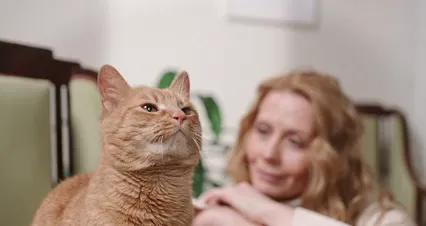
To keep that contentment flowing, consider treating your cat to a Catnip Toy. These delightful toys can bring hours of joy, making your feline friend even happier!
Anticipation or Excitement
Drooling can also happen when your cat anticipates food or treats. The smell of their favorite meal might trigger saliva production. This reaction is perfectly normal and often results in enthusiastic meowing or pacing. It’s a clear sign that your kitty is excited about what’s coming next!
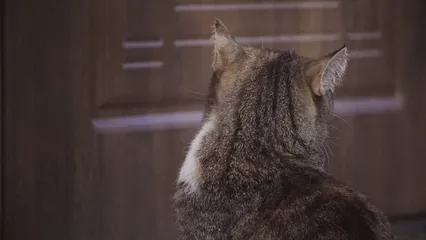
Why not make mealtime even more exciting with a PetSafe Healthy Pet Simply Feed Automatic Pet Feeder? With this nifty gadget, you can schedule meals, ensuring your cat is always on time for their next culinary adventure!
Temporary Stress Responses
Certain situations can lead to temporary drooling. For example, car rides or visits to the vet can stress your cat. Signs of this stress may include hiding or vocalizing. If your cat drools in these scenarios, it’s often a natural response to anxiety. Providing a safe environment can help reduce these stress-induced episodes.
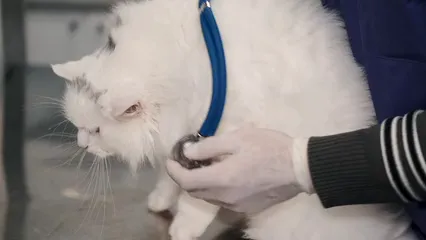
To help soothe your cat during stressful times, consider using a Feliway Classic Pheromone Diffuser. This diffuser releases calming pheromones that can help your furry friend feel more relaxed during those nail-biting trips.
Abnormal Causes of Drooling
Dental Disease
Dental issues are common in cats and can lead to drooling. Conditions like gingivitis or tooth decay cause pain, resulting in excess saliva. If you notice bad breath or see your cat struggling to eat, these may be signs of dental disease. Regular check-ups are vital. Your vet can spot problems early and recommend dental cleanings or treatments.
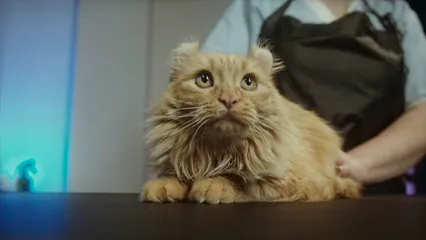
To keep your cat’s teeth sparkling and healthy, consider a Cat Dental Care Kit. Regular dental care can prevent many health issues and keep your kitty’s smile bright!
Nausea and Gastrointestinal Upset
Nausea can trigger drooling in cats. Common causes include hairballs, spoiled food, or toxins. If your cat is drooling along with vomiting or a change in appetite, it may indicate a digestive issue. Keep an eye out for signs like lethargy or unusual behavior. If these symptoms persist, consult your veterinarian.
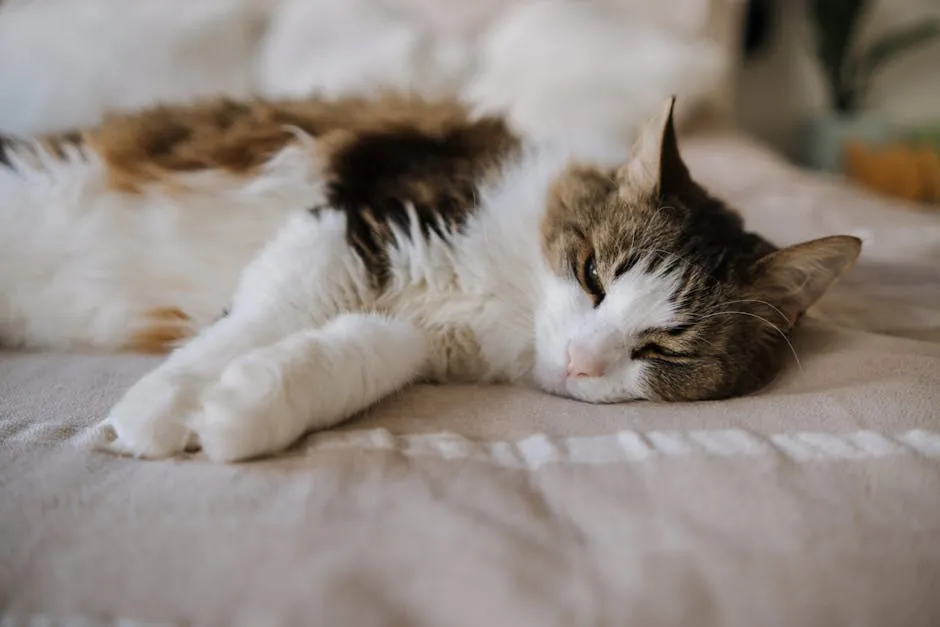
Toxin Exposure
Household toxins can cause your cat to drool excessively. Common culprits include certain plants, cleaning agents, and human foods. If you suspect your cat has ingested something harmful, take immediate action. Contact your veterinarian or an emergency animal clinic right away. Quick response can make a significant difference.
Heatstroke
Cats can suffer from heatstroke, especially in hot weather. Excessive drooling may be an early symptom. Other signs include panting, rapid heart rate, or lethargy. If you notice these symptoms, act quickly. Move your cat to a cooler place and provide water. Seek veterinary care immediately to prevent serious complications.

Foreign Bodies
Sometimes, foreign objects lodged in a cat’s mouth can cause drooling. This could include grass, strings, or even small toys. Signs that a foreign body may be present include pawing at the mouth or difficulty eating. If you suspect this, consult your veterinarian as soon as possible for evaluation and removal.
Serious Health Issues
Cats can drool due to various serious health issues. Conditions like kidney failure, hyperthyroidism, and oral cancers can lead to excessive salivation. Kidney failure affects a cat’s ability to filter toxins, resulting in drooling. Hyperthyroidism, common in older cats, causes hormonal imbalances that increase saliva production.
Oral cancers can also provoke drooling, as they cause pain and discomfort. It’s crucial to recognize accompanying symptoms for these conditions, such as changes in appetite or unusual behavior. If your cat shows any of these signs, a vet visit is essential for proper diagnosis and treatment.
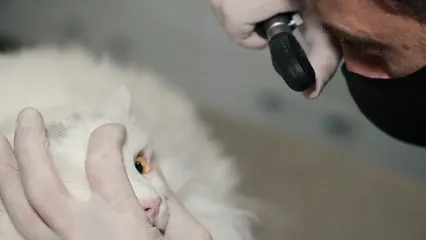
When to Consult a Veterinarian
Not all drooling is a cause for concern, but some situations warrant a trip to the vet. If your cat’s drooling is excessive or sudden, pay attention. Monitor symptoms like behavioral changes, vomiting, or loss of appetite.
If your cat drools excessively, and you notice lethargy or hiding, don’t wait. Early intervention is key for serious health concerns. The sooner you consult a veterinarian, the better the chances for effective treatment.
Prevention Tips for Cat Owners
Maintaining Oral Health
Prevention is always better than cure. To maintain your cat’s oral health, regular dental care is vital. Brush your cat’s teeth with pet-safe toothpaste to reduce plaque buildup. Consider dental treats designed to promote oral hygiene.
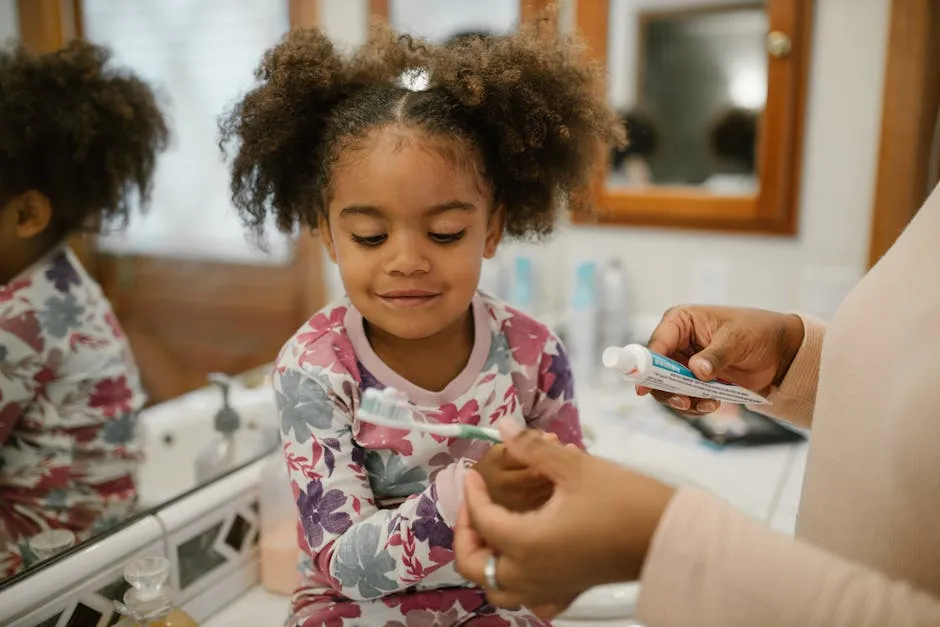
A balanced diet also plays a role in preventing dental issues. High-quality food can support overall health and reduce the risk of problems that lead to drooling. Regular veterinary check-ups will help catch potential issues early, ensuring your cat stays healthy and happy.
Speaking of high-quality food, consider investing in a Cat Food Storage Container. Keeping your cat’s food fresh and safe from pests is essential for their health!
Managing Stress
Cats can be sensitive creatures, and stress can lead to drooling. To help reduce your cat’s anxiety, consider environmental enrichment. Providing toys, scratching posts, and climbing structures can make a big difference. Regular playtime with you can also help keep their minds active.
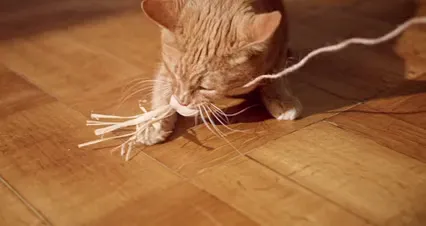
Pheromone diffusers, like Feliway, mimic calming scents that can soothe your feline friend. These products create a relaxing environment, reducing the likelihood of stress-related drooling.
Familiarizing your cat with their carrier is essential too. If your cat associates the carrier with positive experiences, like treats or playtime, they’ll feel less anxious during trips. This preparation can significantly reduce stress during vet visits or travel.
Regular Veterinary Check-Ups
Routine veterinary check-ups are crucial for your cat’s health. Regular visits allow for early detection of potential health issues. Your vet can identify dental problems or other concerns before they become serious.
Vaccinations are necessary for preventing diseases that can lead to drooling. Keeping your cat up-to-date on vaccines ensures they stay healthy.
Additionally, parasite control is vital. Fleas, ticks, and worms can affect your cat’s well-being and lead to discomfort. Discussing a preventive plan with your veterinarian can help keep your cat happy and drool-free.
Conclusion
In summary, understanding when drooling is normal versus abnormal is essential for cat owners. While some drooling can be a sign of relaxation or excitement, excessive drooling may indicate health concerns.
Stay observant and proactive about your cat’s health. If you notice sudden changes in drooling, don’t hesitate to reach out to your veterinarian.
Being informed about your pet’s health and behavior is vital. It not only helps with their well-being but also strengthens the bond between you and your furry friend. And if you’re looking to pamper your cat a bit, how about a cozy Cat Bed with Removable Cover? It’s purr-fect for those lazy lounging days!
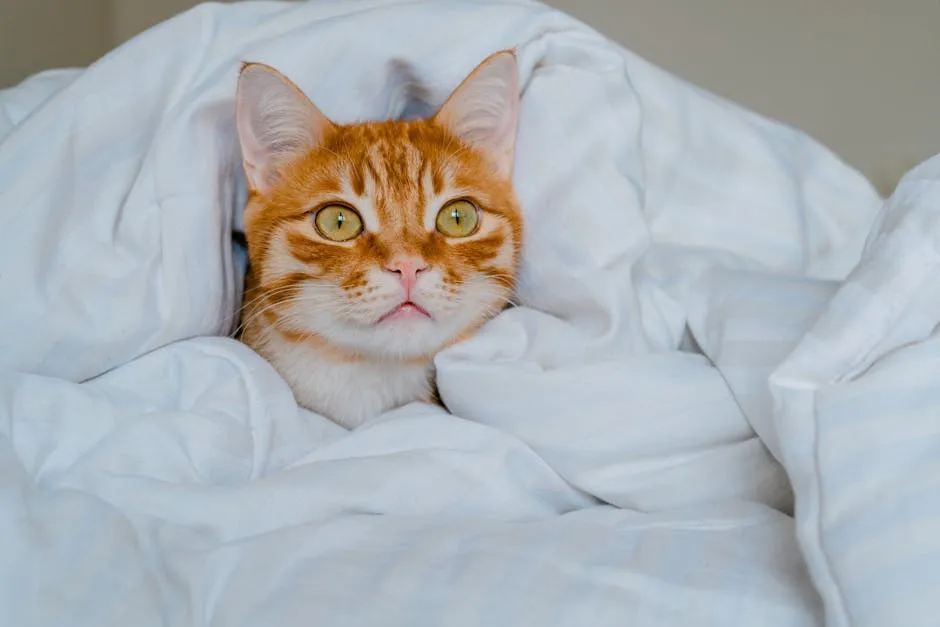
FAQs
Is it normal for my cat to drool when I pet them?
Yes, it can be normal! Cats often drool when they feel happy and relaxed. This is especially true when they are purring or kneading. The drooling signals contentment, much like a warm hug for us. So, if your kitty is drooling a bit while you cuddle, they’re likely just enjoying the moment.
What should I do if my cat is suddenly drooling?
If your cat starts drooling suddenly, keep an eye on them. Monitor their behavior and appetite closely. If the drooling persists or is accompanied by other symptoms, it’s time to consult your veterinarian. A vet visit can help identify any underlying issues that may need attention.
Can drooling indicate a serious health issue?
Yes, excessive drooling can signal health problems. Conditions such as dental disease, organ failure, or exposure to toxins might lead to increased salivation. If your cat’s drooling is excessive or accompanied by other concerning symptoms, seek veterinary advice promptly.
How can I prevent my cat from drooling excessively?
Maintaining good dental hygiene is key. Regular brushing and dental treats can help prevent oral issues. Additionally, managing stress through environmental enrichment can reduce anxiety-related drooling. Creating a calm space for your cat can make a big difference.
Is cat drool harmful to humans?
Generally, cat drool is not harmful. However, it can carry bacteria and potentially spread diseases like cat scratch fever. If you have a compromised immune system, it’s wise to avoid direct contact with your cat’s saliva.
What are the signs that drooling is a cause for concern?
Look for signs such as excessive drooling, loss of appetite, lethargy, or unusual behavior. If your cat is showing discomfort, pawing at their mouth, or has visible signs of distress, it’s important to consult a veterinarian. Early intervention can make a significant difference in treatment outcomes.
Please let us know what you think about our content by leaving a comment down below!
Thank you for reading till here 🙂
All images from Pexels




